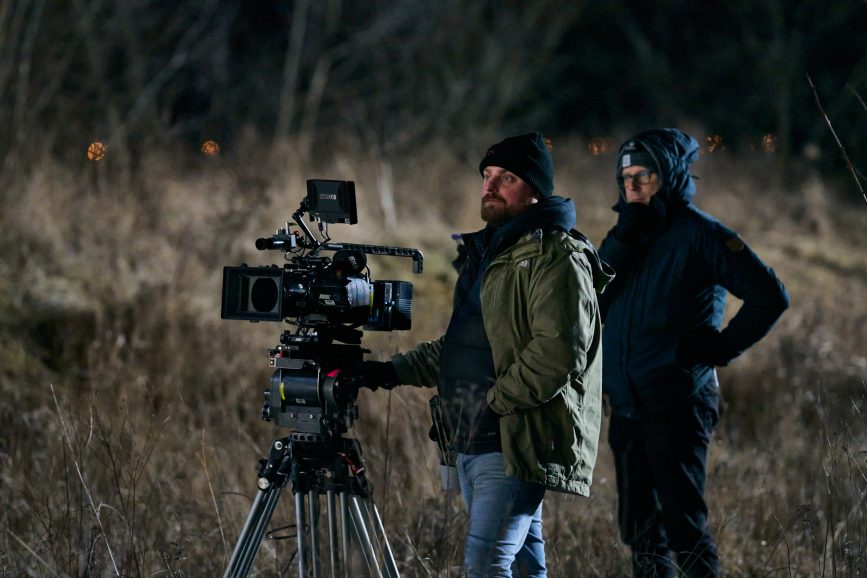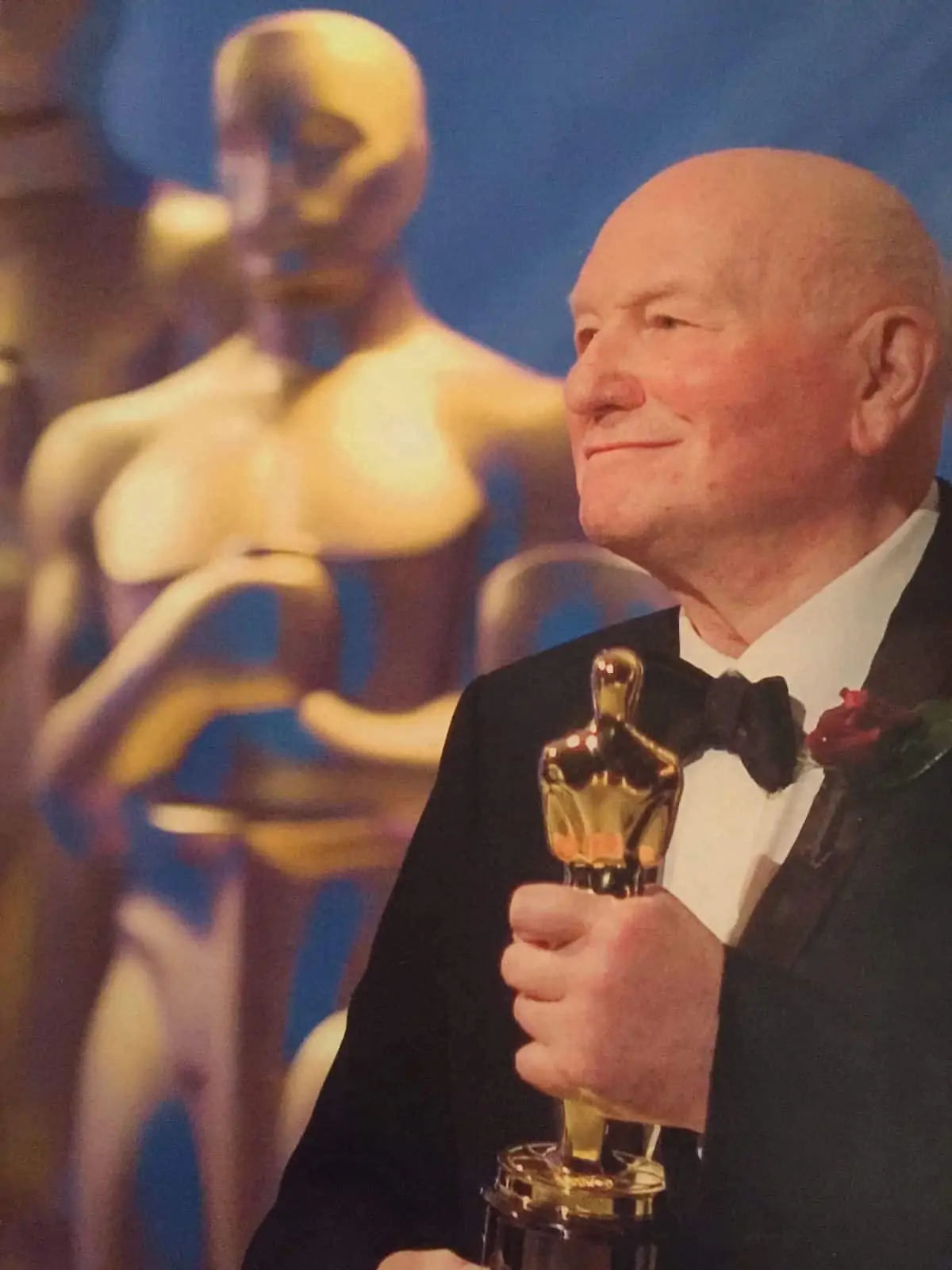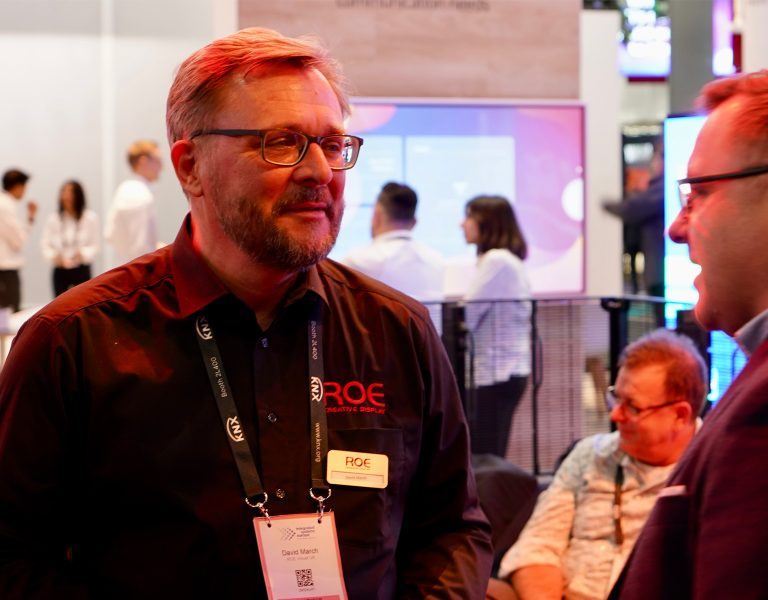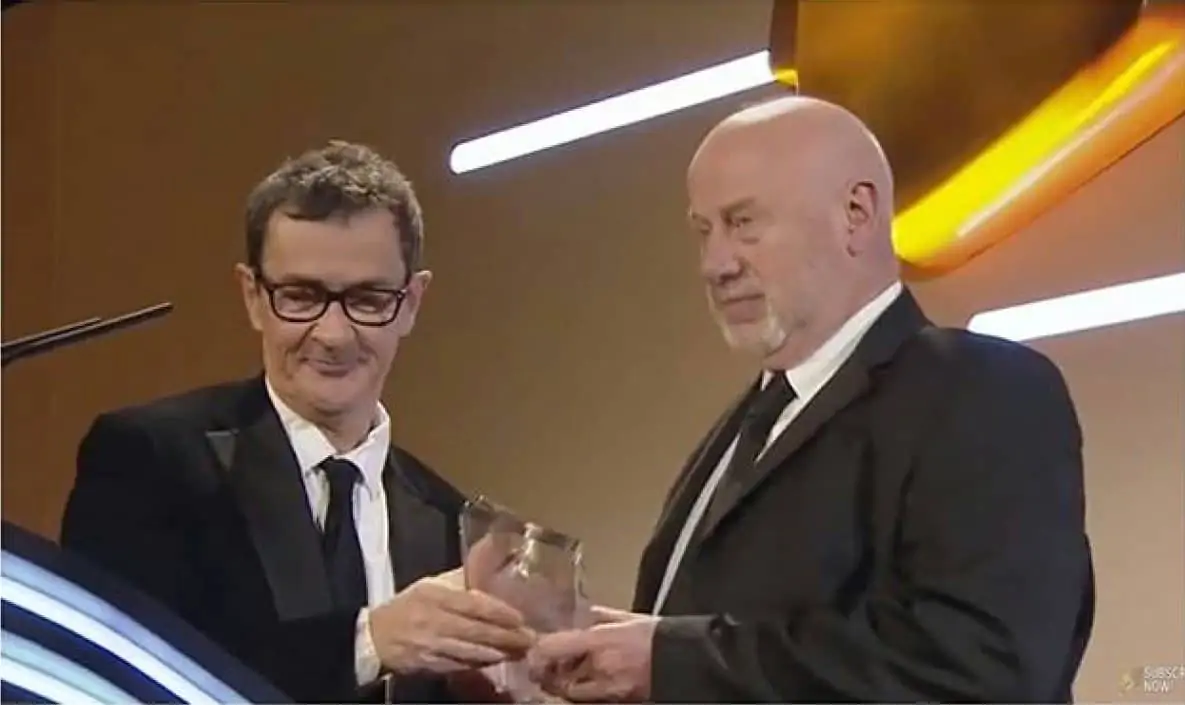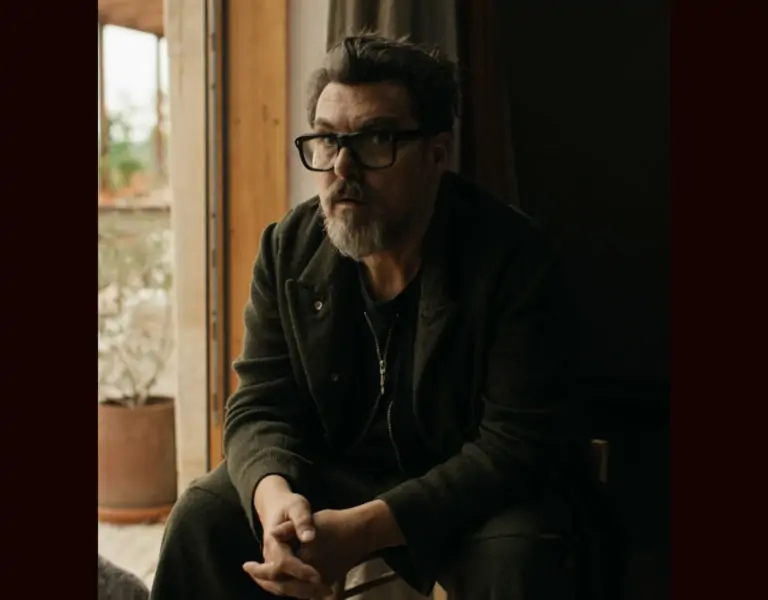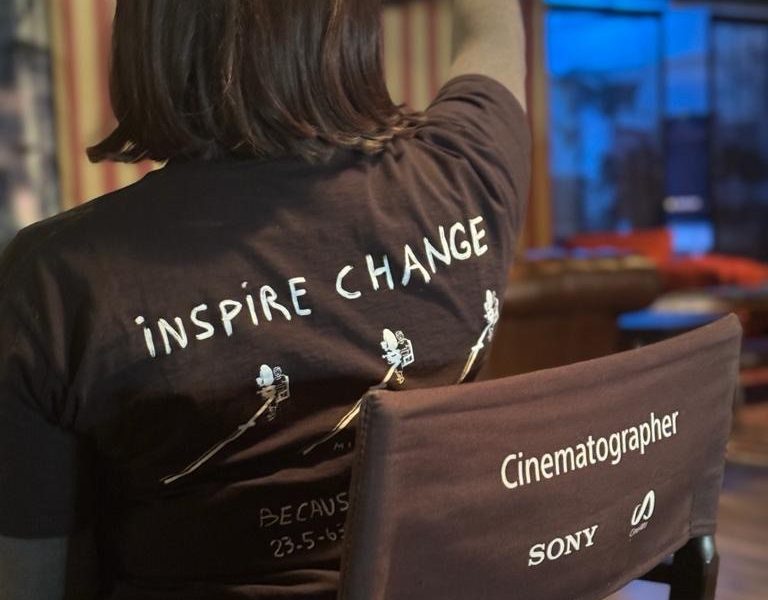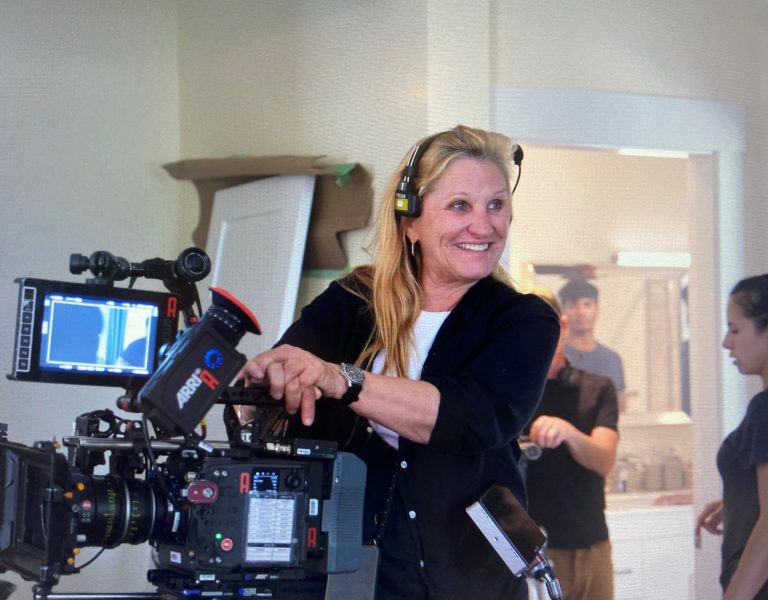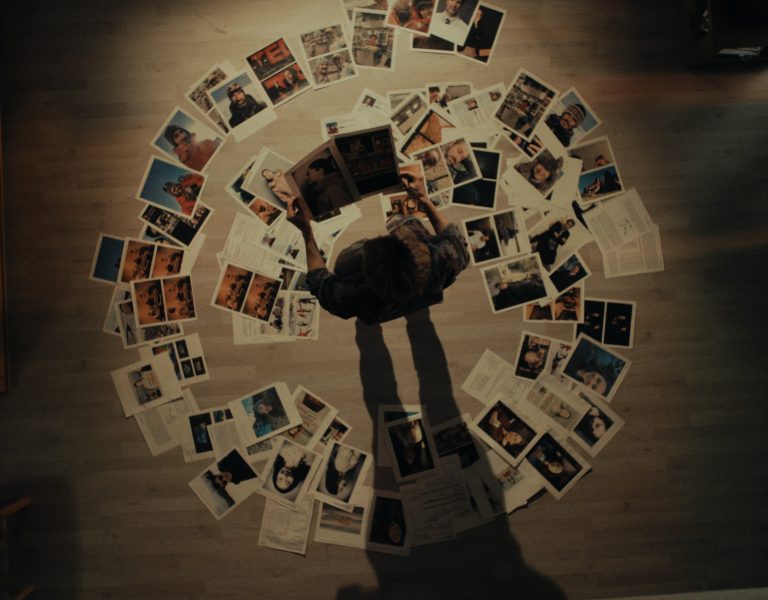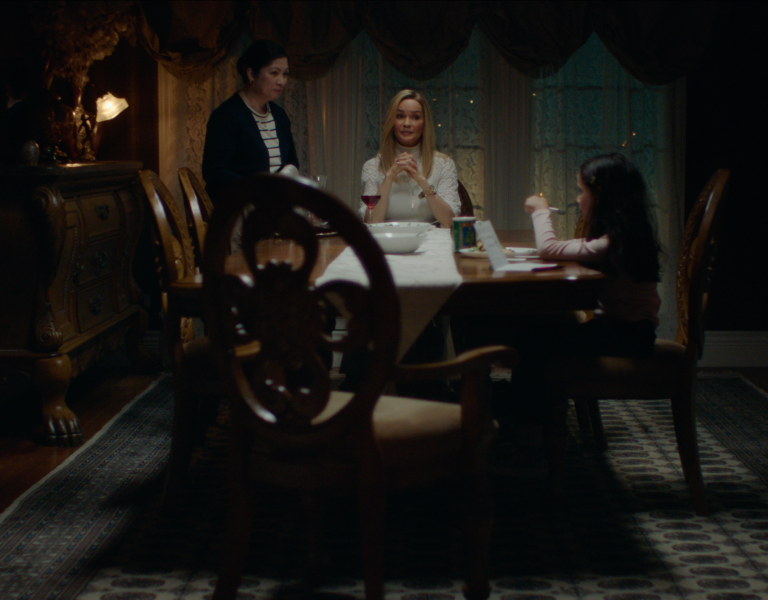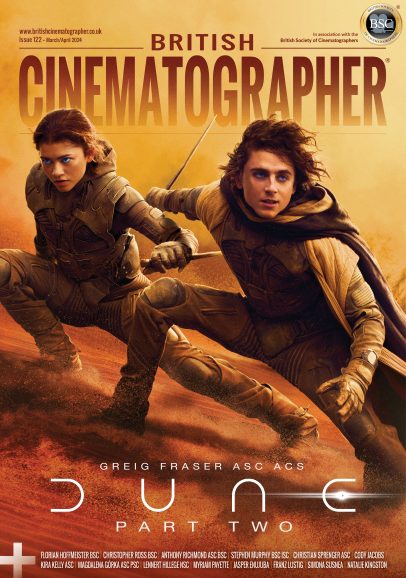DREAMING IN COLOUR
Filmography to date:
Two Neighbours (2024)
Kindling (2023)
The Devil’s Harmony (2021)
The Cunning (2023)
X to X (2023)
When did you discover you wanted to be a cinematographer and what inspired you to follow this career path?
I first learned about the job of cinematographer at 15 and it was a revelation to me. A profession that combined some of my favourite things: photography, films, and art. I was having a challenging time growing up in the North of England, but suddenly there was a beacon to aim for that could pull me towards a happier future. I became relentlessly determined.
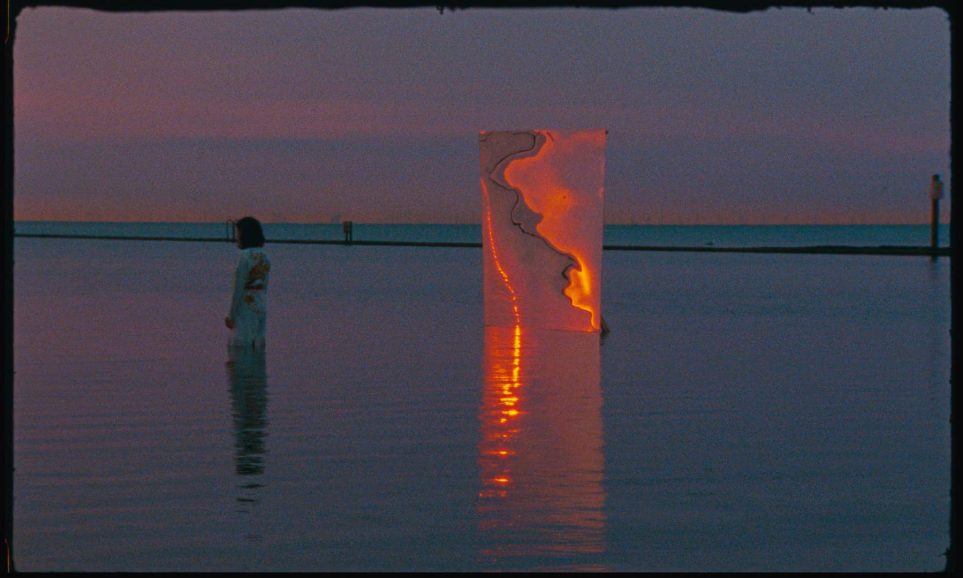
Where did you learn your craft?
Initially, self-teaching through books such as Kris Malkiewicz’s Cinematography and The American Cinematographer Manual. Later, I transitioned from loading film to working as a DIT. I was really fortunate to ride the first wave of digital technology – it gave me an opportunity to learn from some of the best DPs out there, and essentially served as my personal film school. I discussed lighting with gaffers, lenses with focus pullers, and graded with DPs on set.
What are your favourite films, and what makes them stand out to you?
There Will Be Blood is such a well-crafted film. I find Robert Elswit ASC’s compositions and use of light incredibly compelling. I was also completely intoxicated by Blade Runner (cin. Jordan Cronenweth ASC) as a kid. I’d have recurring dreams of living in a future dystopian Los Angeles, in an abandoned building with neon lights outside the windows. The cinematography is beyond exquisite – the colour, the use of chiaroscuro…everything.
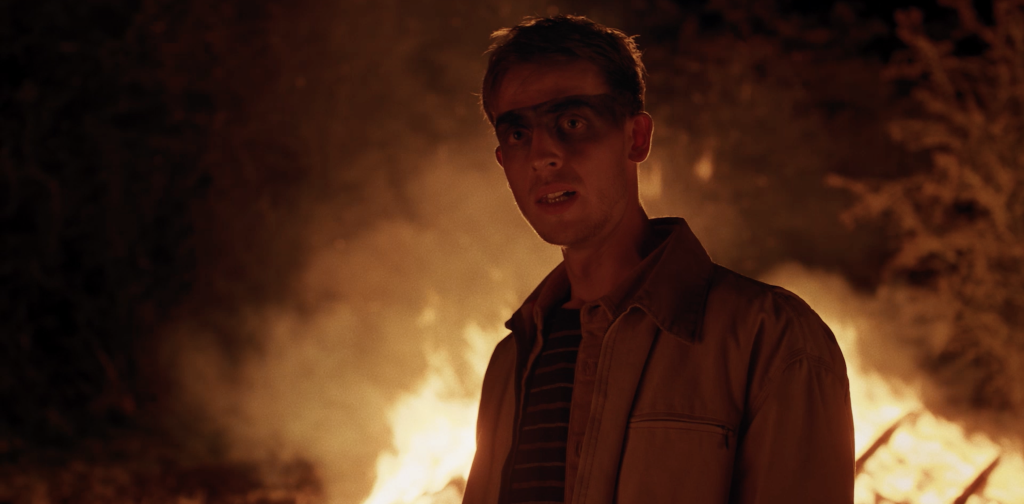
Who in the film world inspires you?
The people I work with inspire me every day. I’ve so much respect and love for filmmakers because it’s a tough job. To be able to turn up on set, work hard for long hours, be sociable and polite – not everyone can do this.
What’s the most useful advice you’ve received and from whom?
When I was a trainee, Robbie Ryan BSC ISC advised me to just shoot, shoot, shoot, no matter what. Ed Rutherford BSC also said that the best thing a DP can bring to set is enthusiasm – both for the project and for the director’s vision. I took that to heart and try to bring that passion with me to each set.
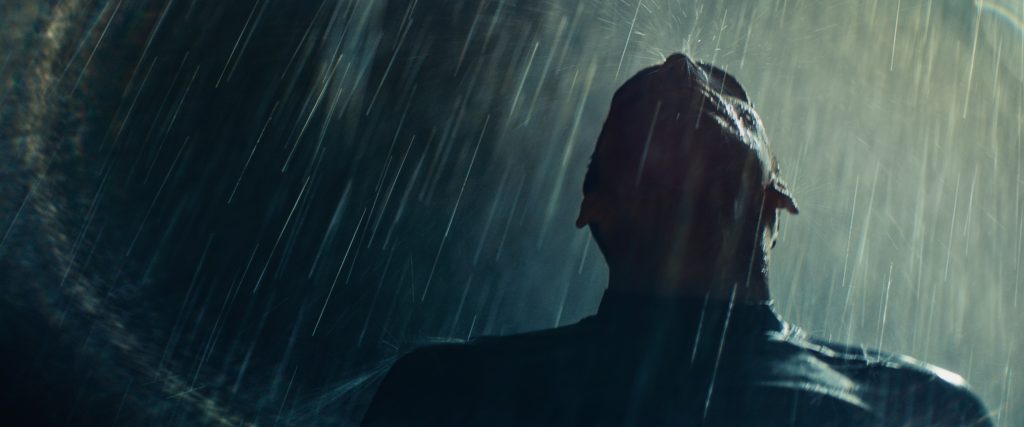
What advice would you give someone considering becoming a cinematographer?
My advice would be similar to Robbie’s – just keep shooting, but don’t be afraid to generate your own projects. Grab a camera and go. The people who are successful are the ones who don’t give up and feel compelled to keep making stuff.
What have been your greatest triumphs and disasters on set?
You might say one triumph would be a particularly complicated technical shoot where there was a lot of math to figure out reflections and projector screen sizes. When we began filming it all came out perfectly and looked incredible. Disaster? Perhaps when I was working on an experimental music video. We were triple exposing 35mm film, and when we rewound the film it kept snapping – we lost three out of six rolls!
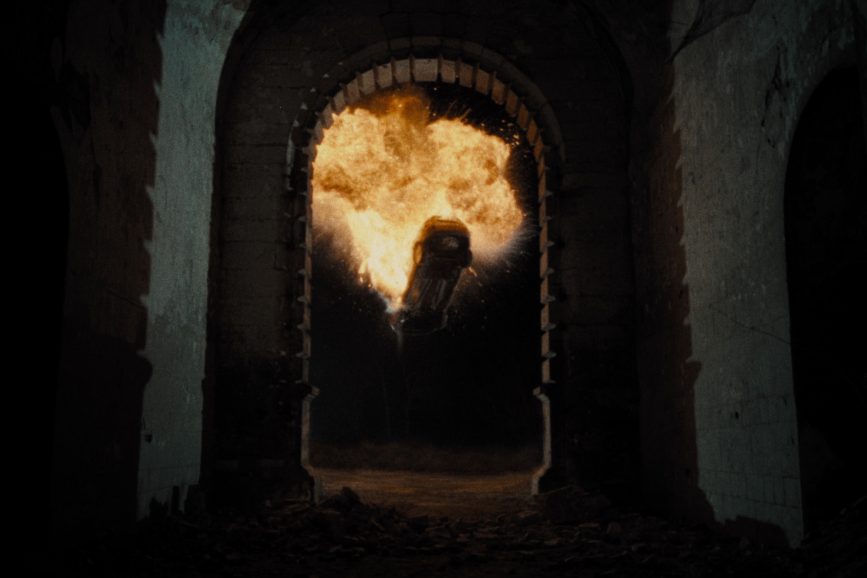
What lights your fire outside of work?
My family. Art. Games. History. I’m an obsessive film and book collector. Learning new stuff lights my fire.
What has been the biggest challenge in your career and how did you overcome it?
When I was a trainee during the economic crash in 2008, I had no work for five months and ended up having to sign on to the dole. I didn’t really overcome it, I went into debt and only just hung on by the skin of my teeth.
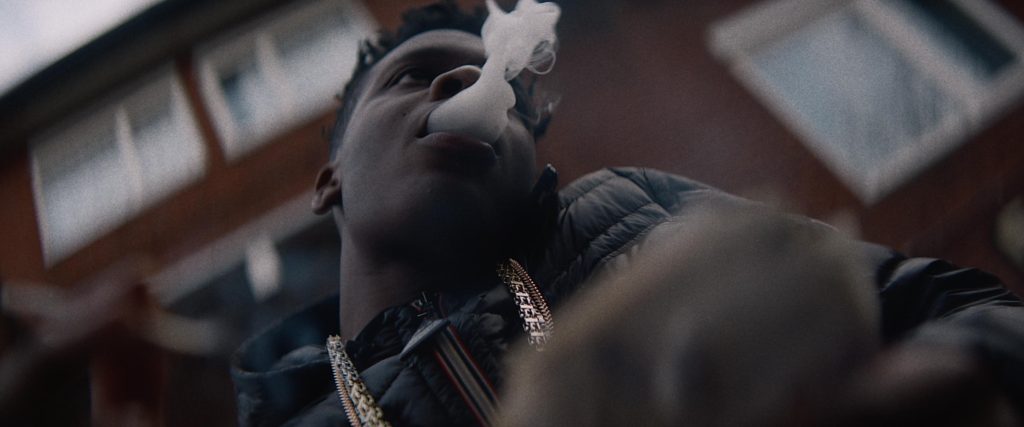
What piece of kit could you not live without?
My phone with its cinematography apps and the ability to research on the fly. Framing, the sun’s path, swatches, lighting planning, and so on. There are so many useful tools. I even tested a spot-meter app against my light meter once and it was reasonably accurate, if you’re in a pinch.
Which film would you love to have shot?
I can’t imagine shooting any of my favourite films, but I guess just for the life experience I’d choose Apocalypse Now – imagine being a part of that chaos! Or perhaps Life of Brian, just to hang out with Monty Python every day.
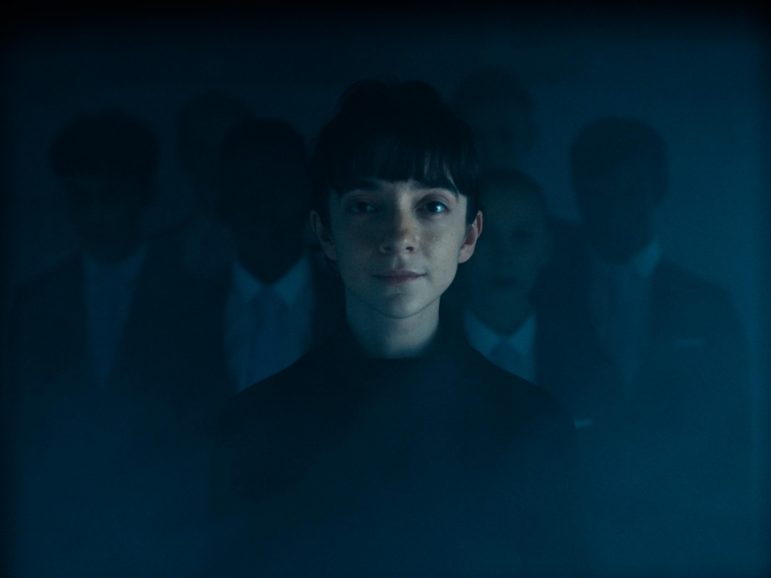
Which productions are you most proud to have lensed, and why?
Kindling is certainly one of the projects I’m most proud of. When director Connor O’Hara sent me the script, I was very eager to do it justice. The response – not only to the cinematography but how much of an impact it has on the audience – has been incredible. I’m also very proud of X to X – it gave me the opportunity to stretch some different narrative/creative muscles. I worked for a long time with the director, Lily Gwynne-Thomas, to develop the visual concept.
What’s the best and worst thing about your job?
It’s a real privilege to travel and create beautiful images in different landscapes and cities. It’s also the worst thing, as it can take me away from my family for weeks at a time.
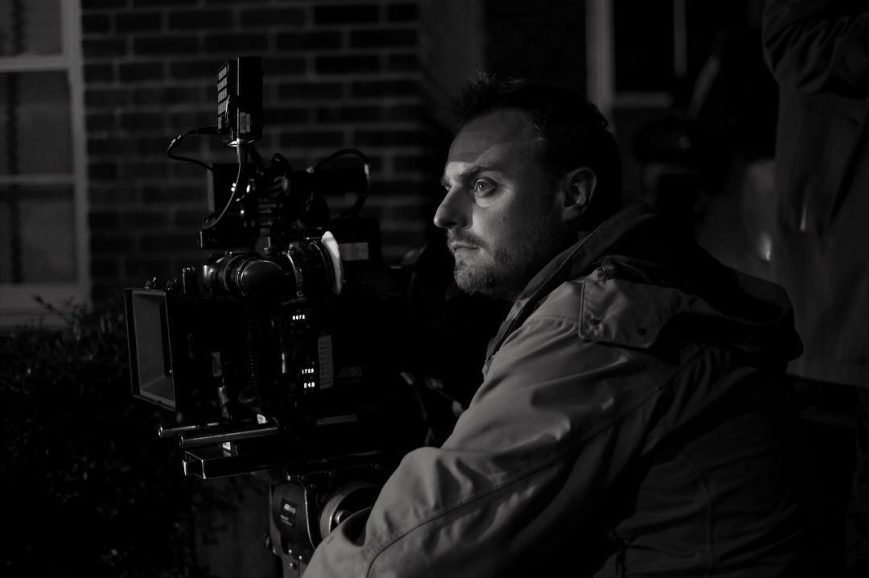
How would you best describe your approach to cinematography?
I research and contemplate. I form ideas from the material by emotionally connecting to the story and characters. I try to start with bold concepts, broad strokes, then refine and collaborate, and then ask myself if it works or not. Then I prep, prep, prep, and when on set try not to overcomplicate the technical execution.
What are your aspirations for the future?
I will always love films and hope to shoot many more. I’d love to try my hand at more sci-fi or historical narratives.
What do you think are the industry’s biggest challenges?
I’ve seen a lot of positive change in the industry in a very short time. One of the biggest challenges remains enabling people from less affluent and more diverse backgrounds the opportunity to work and be paid on entry to the industry. Inevitably, AI will also bring some interesting disruptions when it gets to a certain level.
